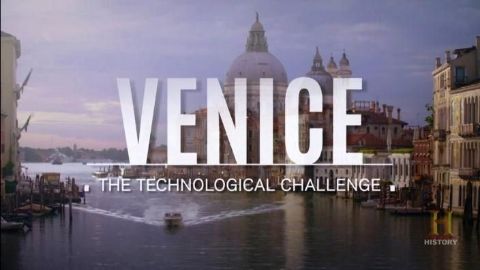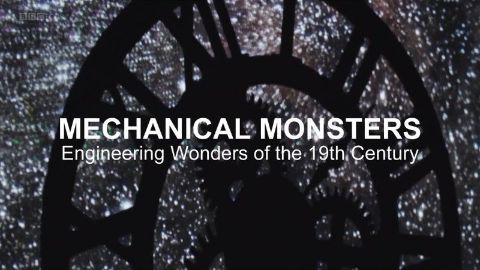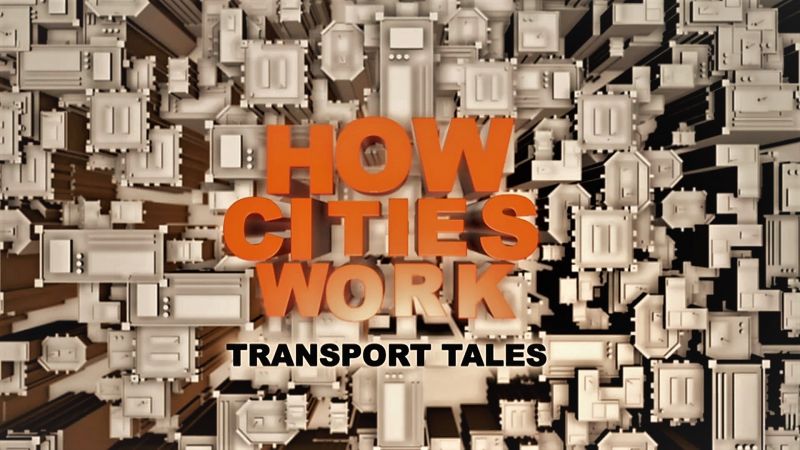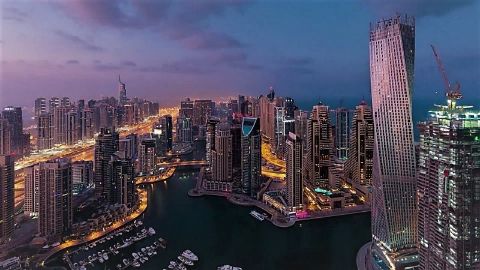Youtube Revolution • 2015
As YouTube turns ten, we chart the history of the last decade through the lens of the world's most famous video sharing site. It's the human story of those who created it, the stars it gave birth to, and the countries whose fates it changed. On April 23, 2005 the first YouTube video, "Meet Me at the Zoo," featuring co-founder Jawed Karim, was uploaded. Ten Years later, the video sharing platform has harnessed a power that has changed the world -transforming pop culture, rewriting the rules of politics, overthrowing governments, redefining the nature of news, and exposing us all to tweaking, planking, Psy, Beiber, and the car in the shark outfit on the robo-vac.
Make a donation
Buy a brother a hot coffee? Or a cold beer?
Hope you're finding these documentaries fascinating and eye-opening. It's just me, working hard behind the scenes to bring you this enriching content.
Running and maintaining a website like this takes time and resources. That's why I'm reaching out to you. If you appreciate what I do and would like to support my efforts, would you consider "buying me a coffee"?
Donation addresses
BTC: bc1q8ldskxh4x9qnddhcrgcun8rtvddeldm2a07r2v
ETH: 0x5CCAAA1afc5c5D814129d99277dDb5A979672116
With your donation through , you can show your appreciation and help me keep this project going. Every contribution, no matter how small, makes a significant impact. It goes directly towards covering server costs.





